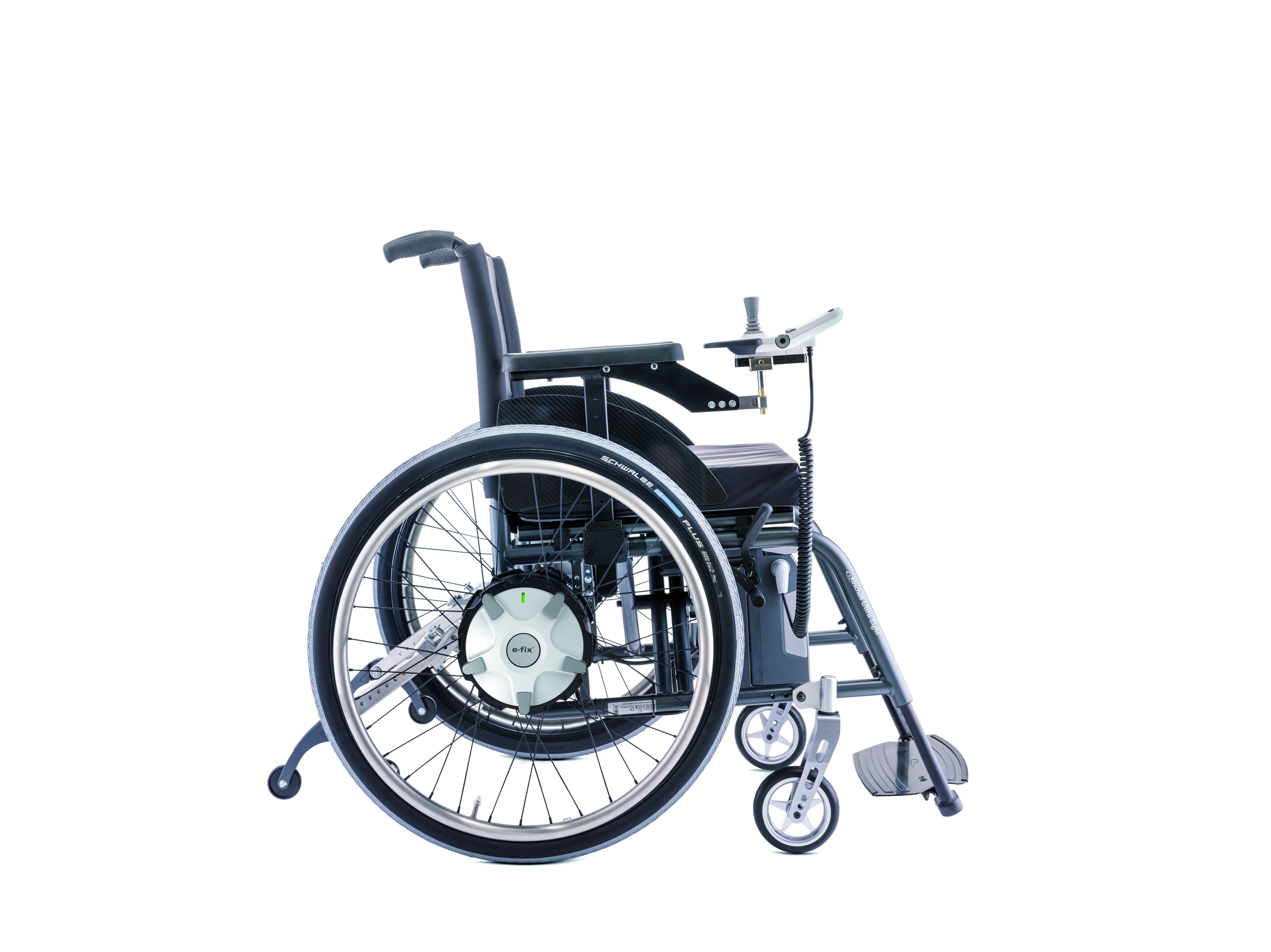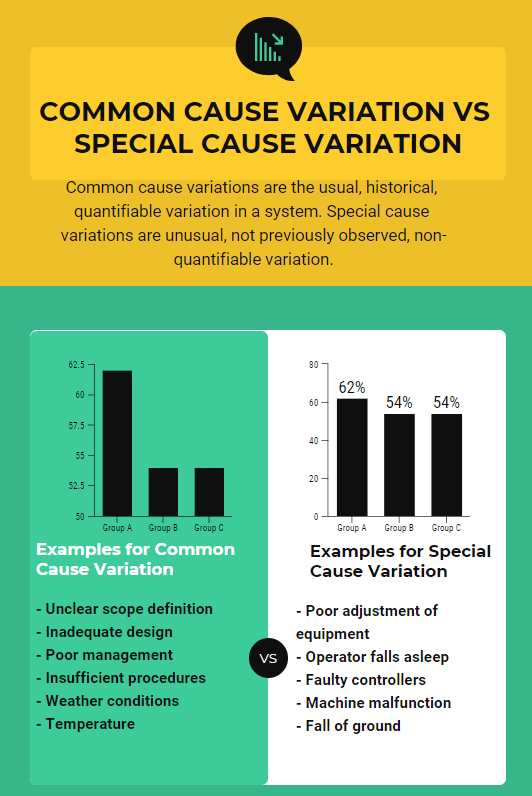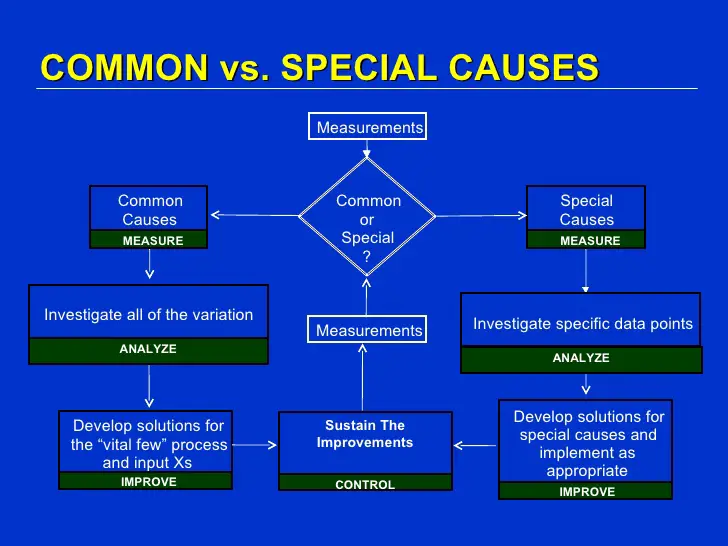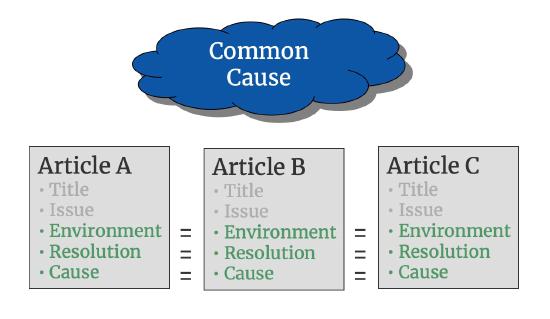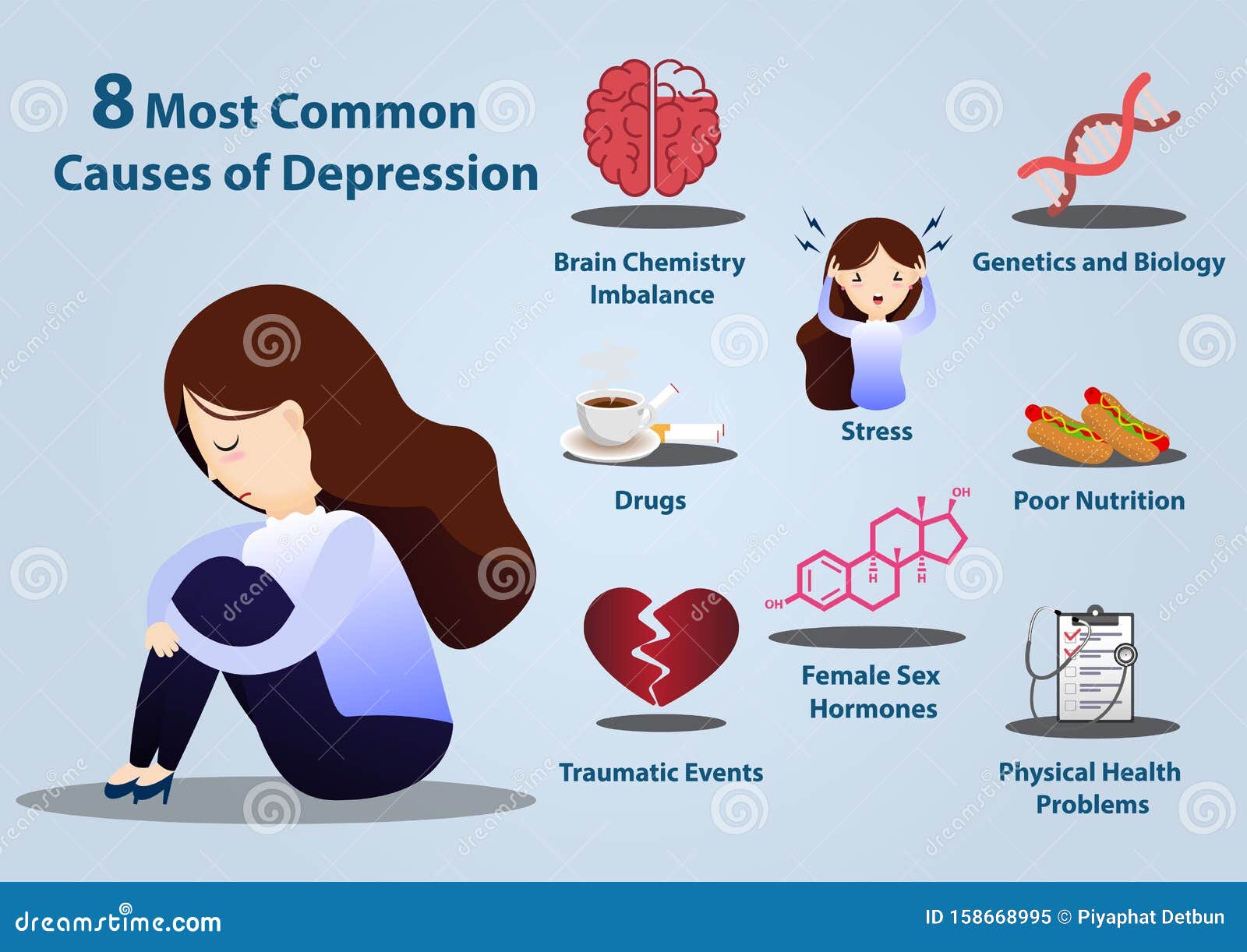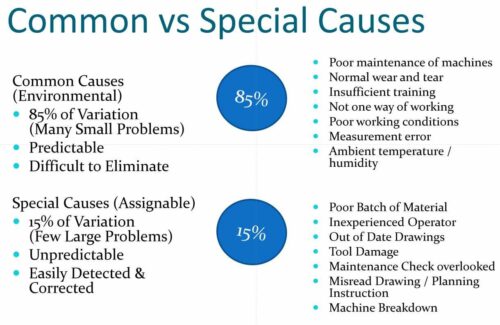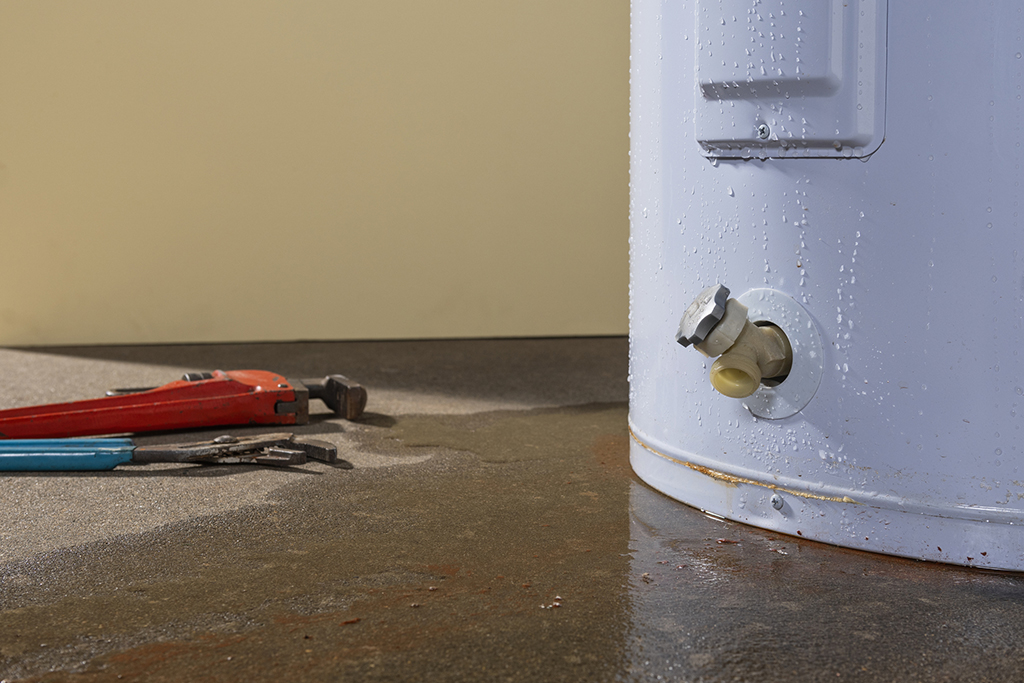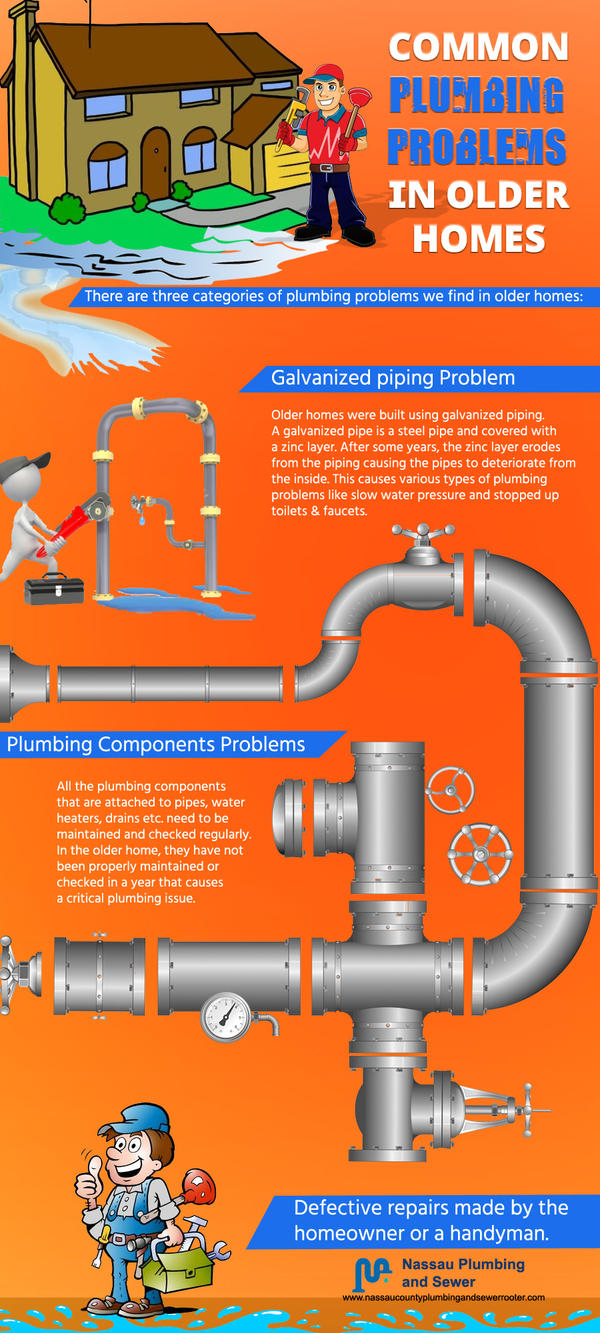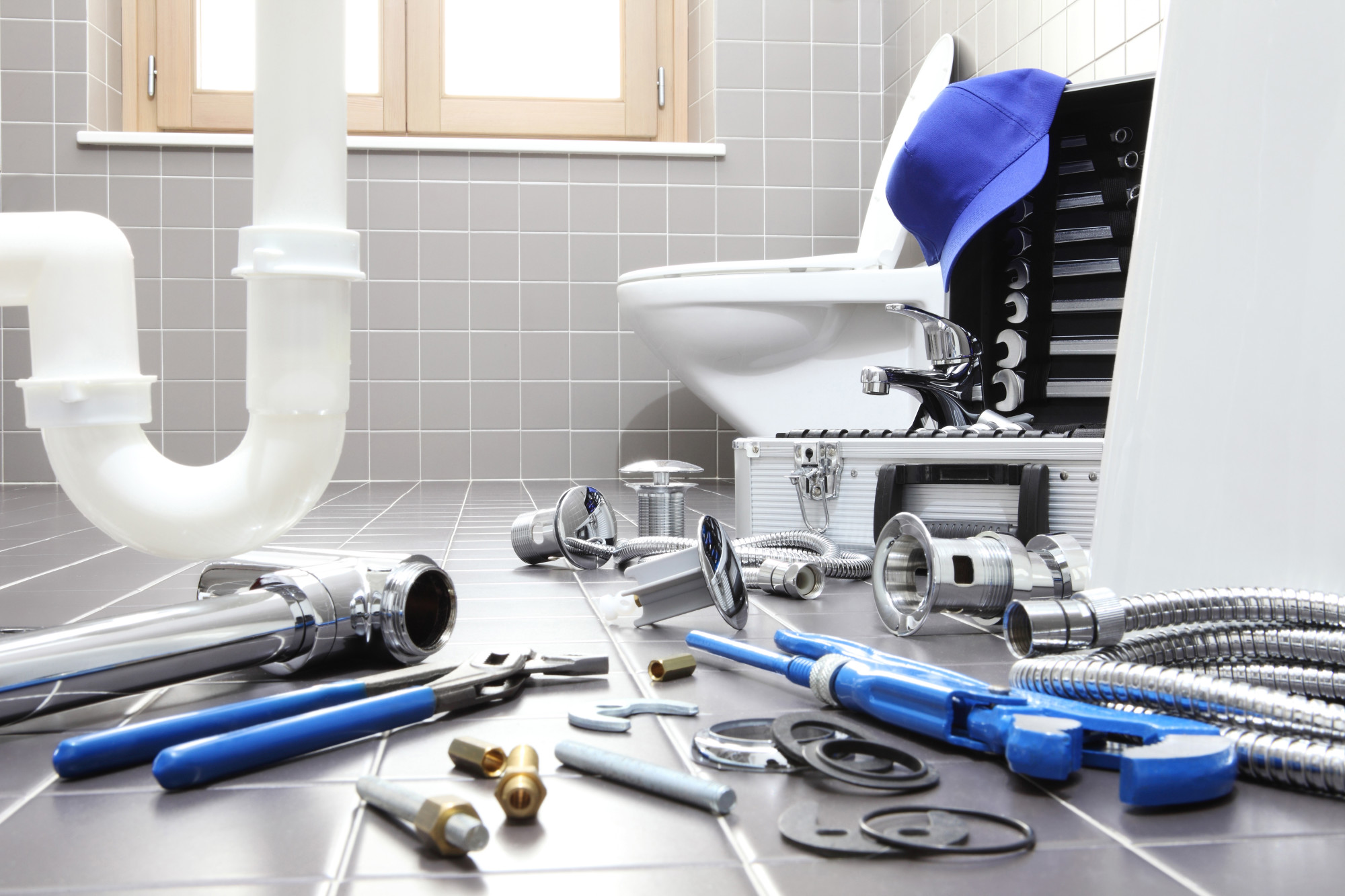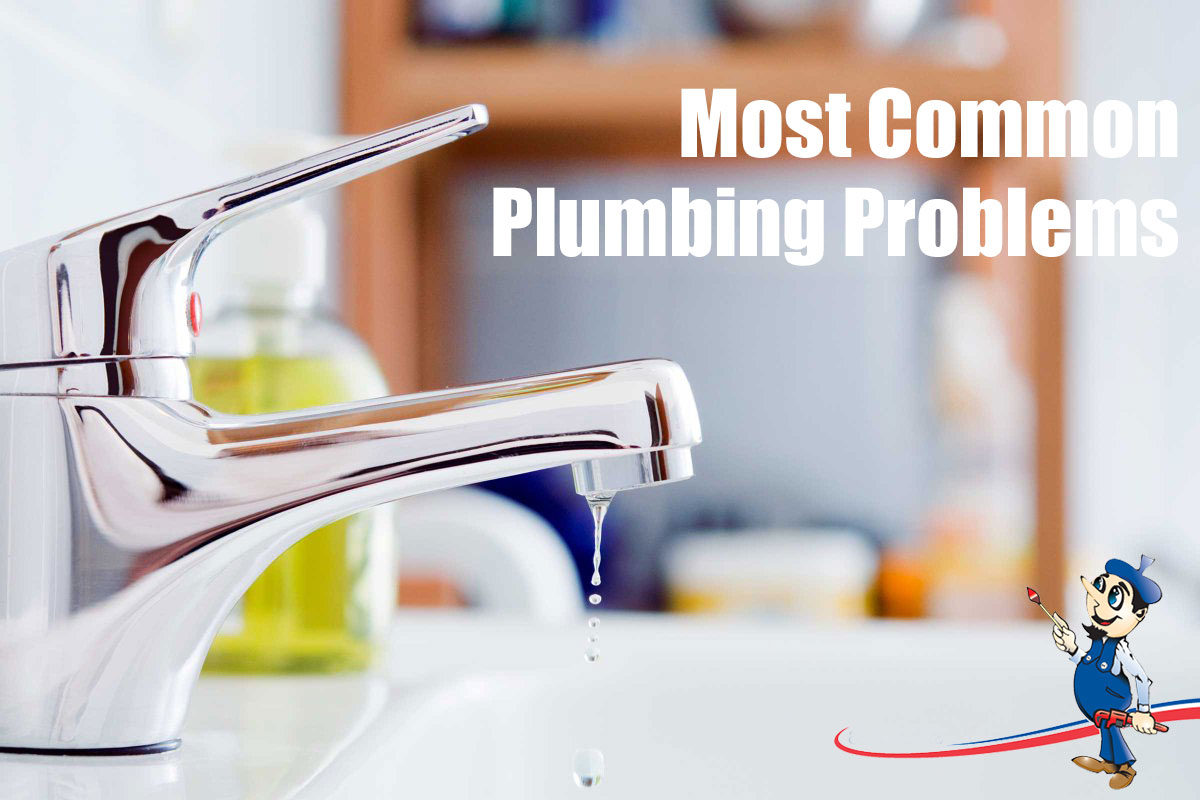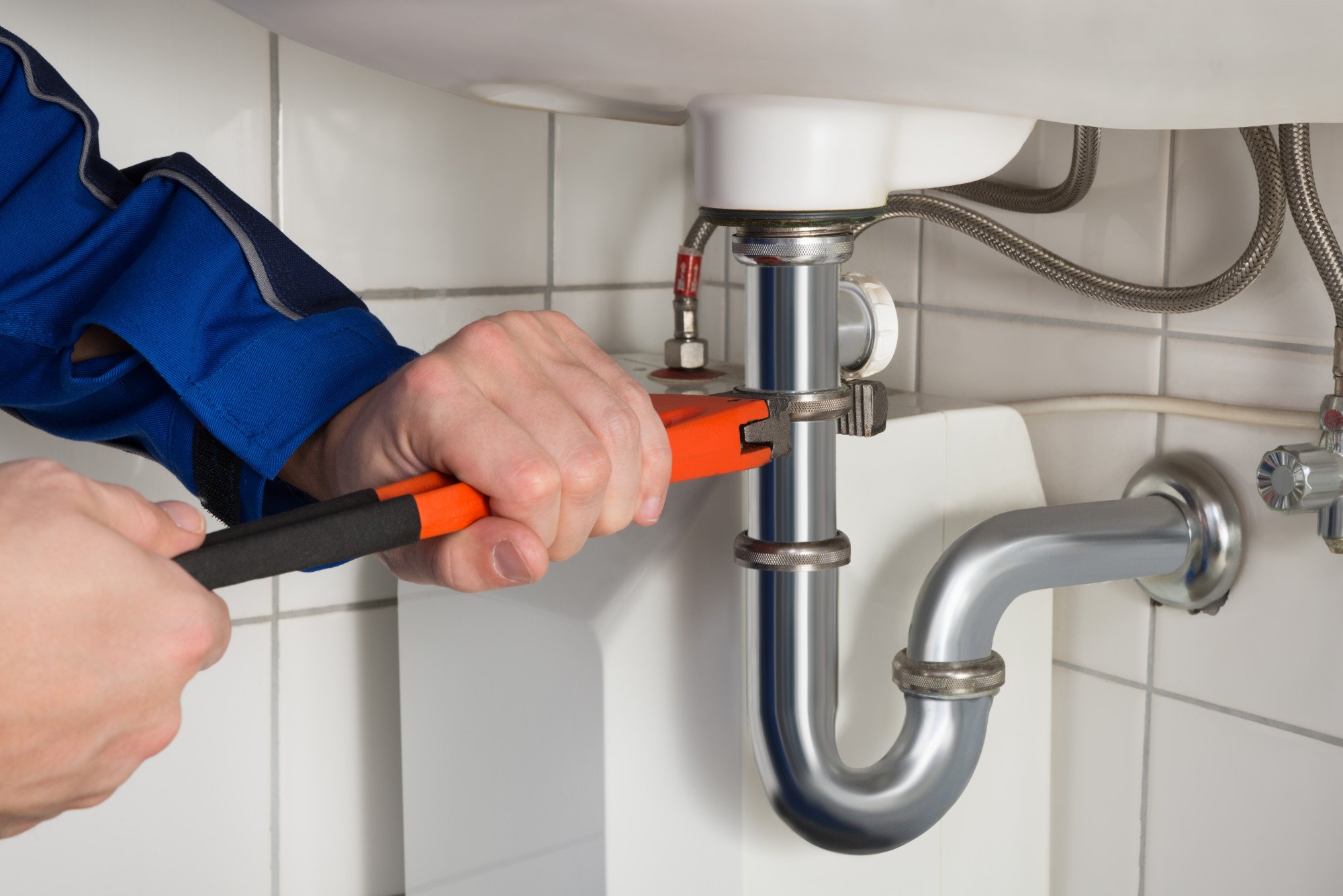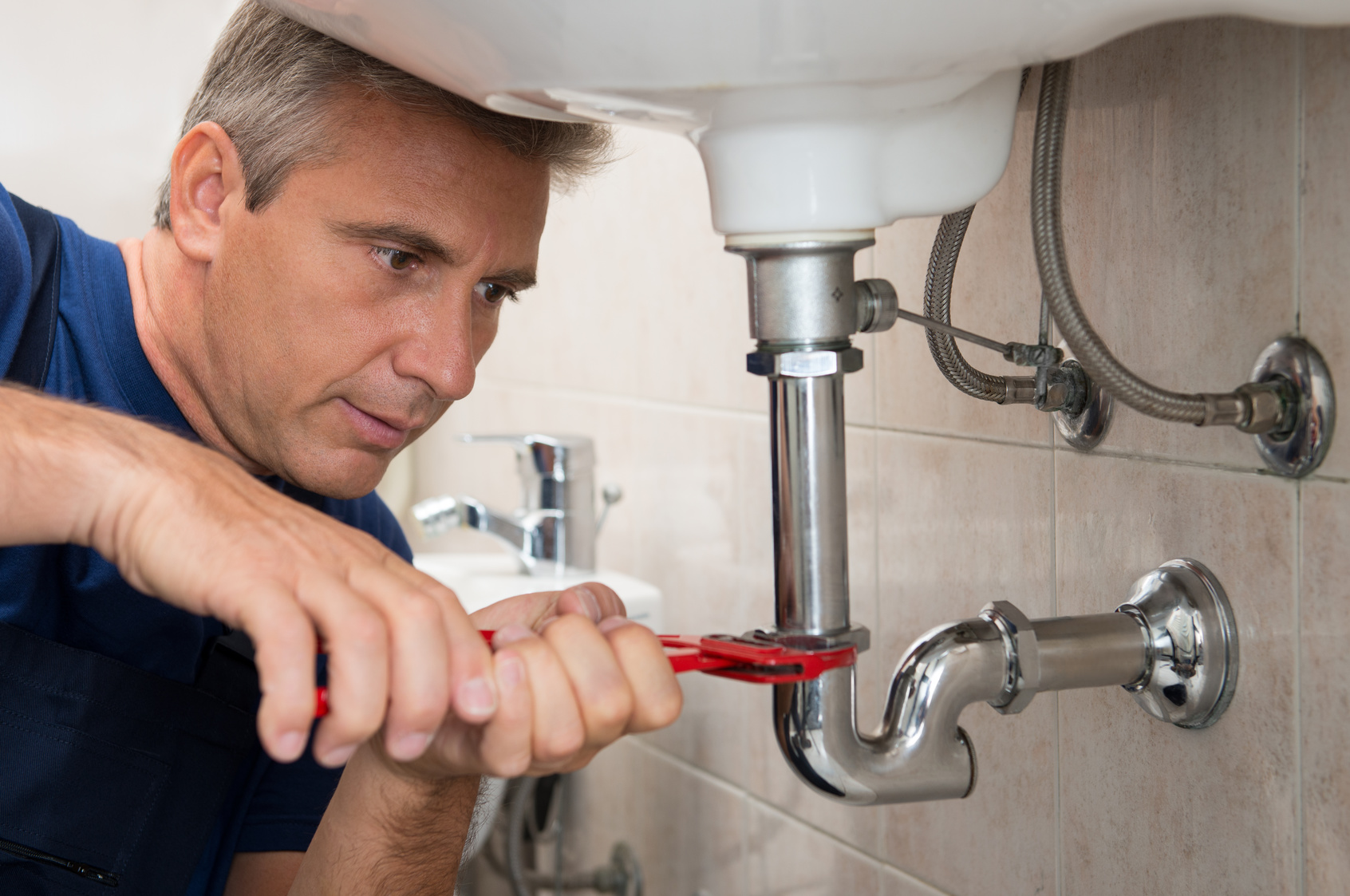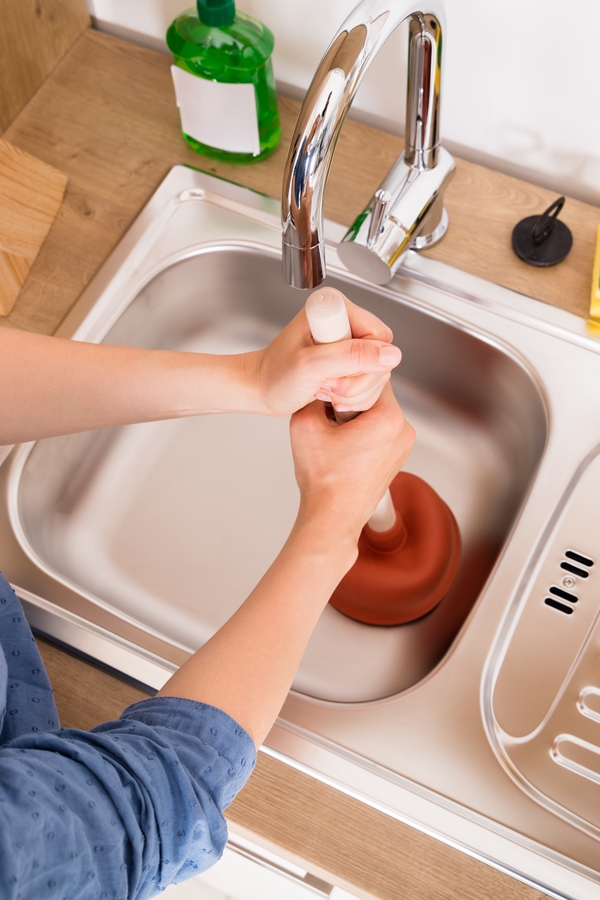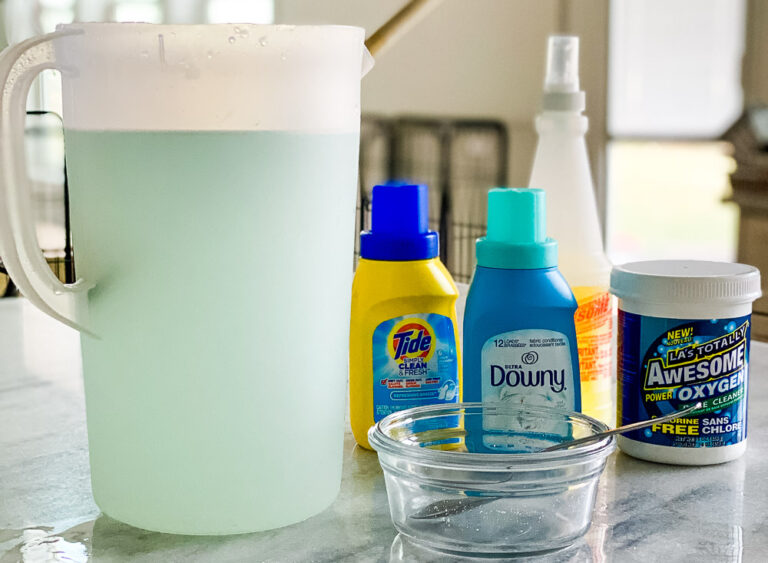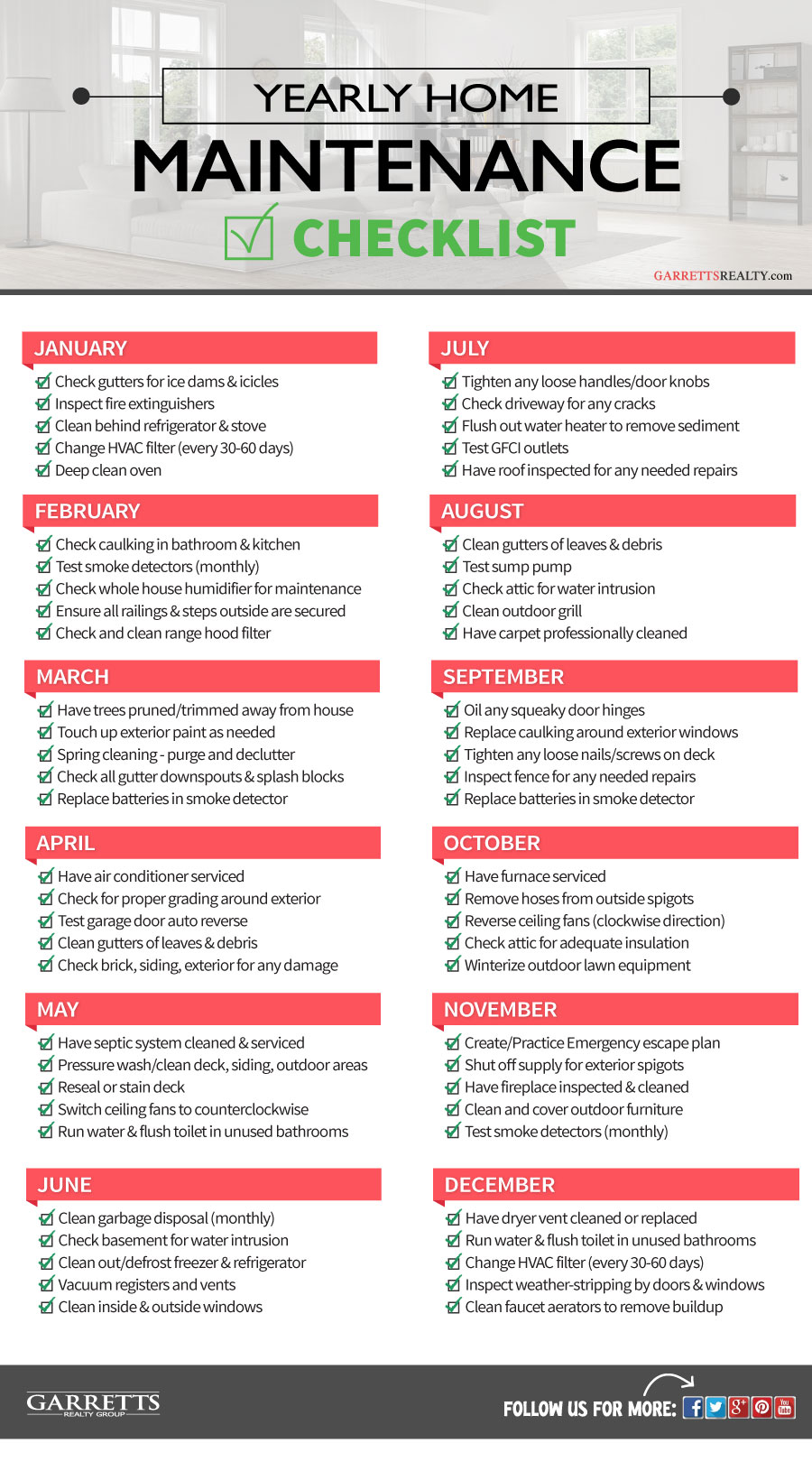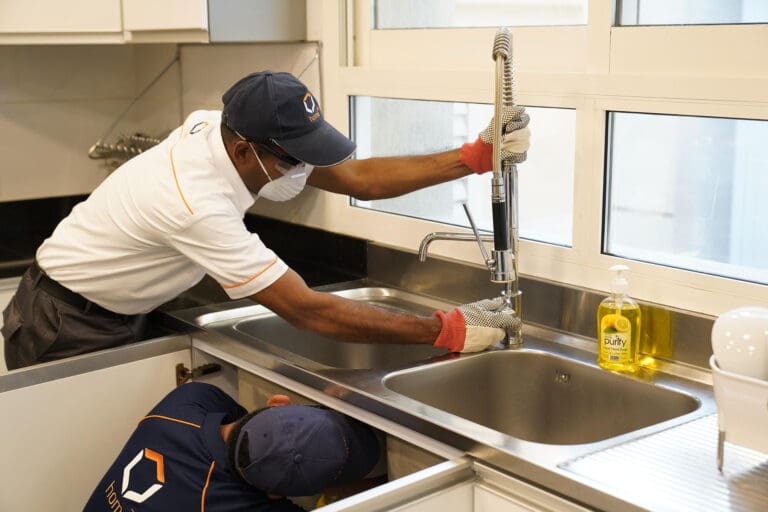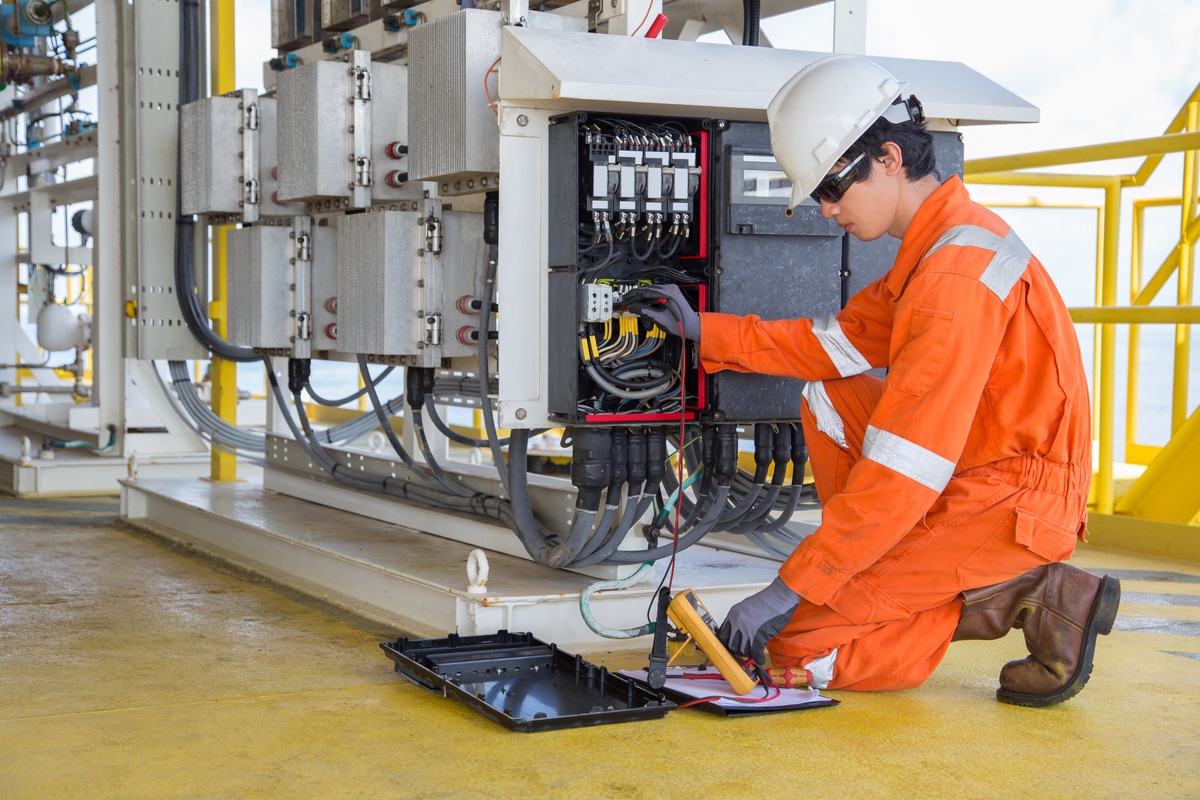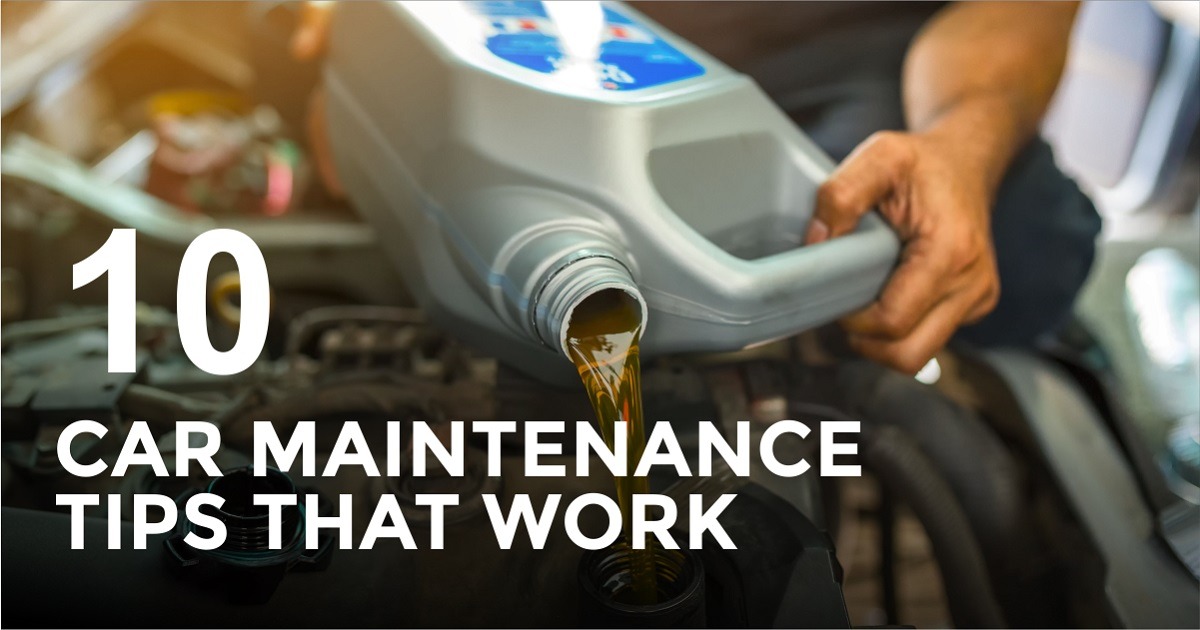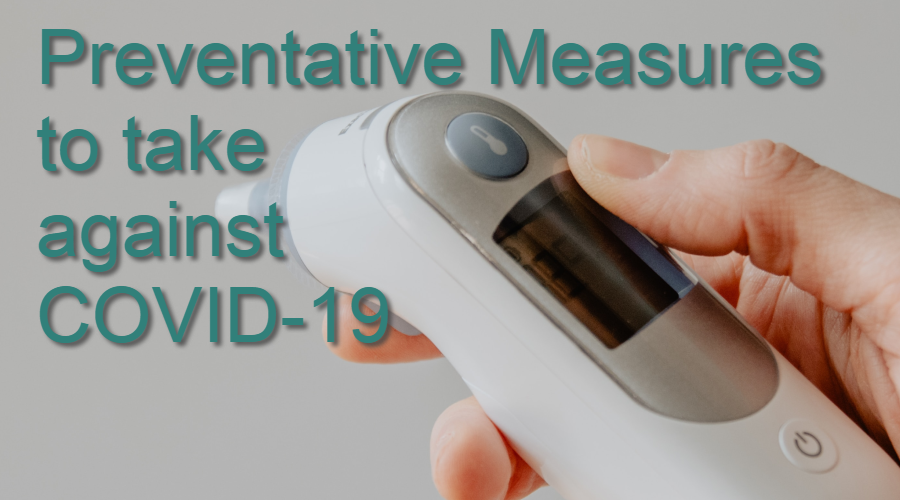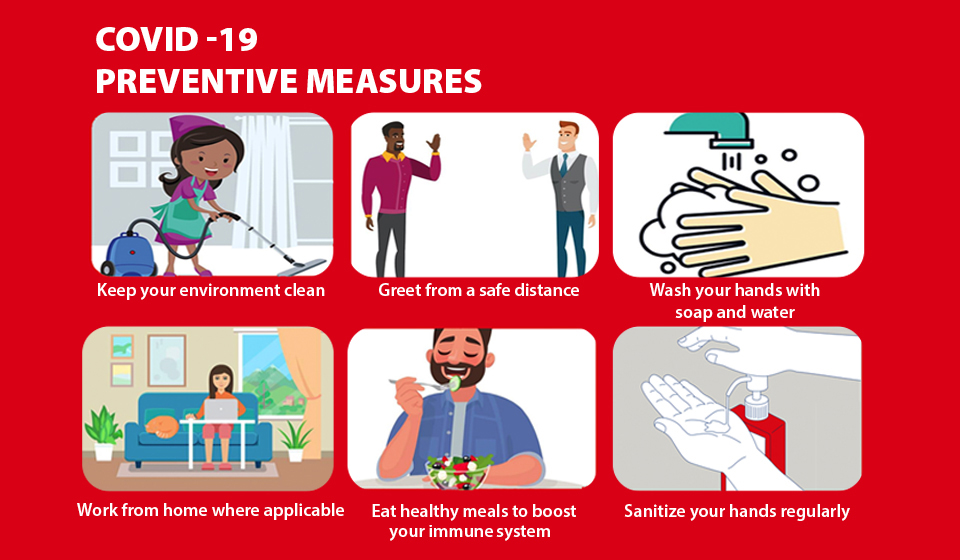One of the most frustrating things to experience in your home is the lack of hot water in your bathroom sink. Not only is it an inconvenience, but it can also be a signal of a larger issue with your plumbing or water heater. If you're facing this problem, don't panic. There are several possible causes and solutions to get your hot water flowing again. No hot water in bathroom sink:
Before you call a plumber or start taking apart your sink, there are a few things you can check on your own to troubleshoot the issue. First, check if your hot water is working in other areas of your house, such as the shower or kitchen sink. If it's only the bathroom sink with no hot water, it's likely a localized issue. Next, make sure the hot water valve is fully open. Sometimes, it can accidentally get turned off or partially closed, limiting the hot water flow. If it's not the valve, check the aerator on the sink faucet. If it's clogged with debris, it can restrict the water flow and cause the hot water to not come through. Troubleshooting Tips
If the above troubleshooting tips don't solve the problem, it's time to dig a little deeper. One common cause of no hot water in the bathroom sink is a faulty or old water heater. If your water heater is over 10 years old, it may be time for a replacement. You can also check the temperature setting on your water heater to make sure it's set high enough to produce hot water. Another possible fix is to replace the hot water valve. Over time, valves can become worn or damaged, causing them to not function properly. This is a relatively easy and inexpensive fix that can solve the issue. However, if you're not comfortable with DIY plumbing, it's best to call a professional for help. How to Fix
Aside from a faulty water heater or valve, there are a few other common causes of no hot water in the bathroom sink. One possibility is a clogged or damaged hot water pipe. Over time, pipes can become clogged with sediment or mineral buildup, limiting the flow of hot water. In some cases, the pipe may be damaged and need to be replaced. Another potential cause is a malfunctioning mixing valve. This valve is responsible for blending hot and cold water to achieve the desired temperature. If it's not functioning correctly, it can result in a lack of hot water. Again, this is a job best left to a professional plumber to fix. Common Causes
Your water heater is the heart of your home's hot water system, so it's essential to keep it in good working condition. If you're experiencing no hot water in your bathroom sink, it may be a sign of a larger issue with your water heater. Some common water heater problems include a faulty heating element, a broken thermostat, or sediment buildup in the tank. If you suspect an issue with your water heater, it's best to call a professional plumber for an inspection and potential repairs. Ignoring water heater problems can lead to more significant issues and potentially expensive repairs in the future. Water Heater Issues
If you've ruled out issues with your water heater, the problem may lie within your plumbing system. Old or damaged pipes can lead to a lack of hot water in your bathroom sink. It's also possible that there's an obstruction in the pipes, causing the hot water to not flow through. A professional plumber can assess your plumbing system and make any necessary repairs. Another potential plumbing problem is a faulty pressure balancing valve. This valve is responsible for maintaining a consistent water temperature, and if it's not working correctly, it can result in no hot water in your bathroom sink. Again, it's best to call a professional plumber to diagnose and fix this issue. Plumbing Problems
While some of the issues mentioned above are best left to professionals, there are a few DIY solutions you can try to get hot water flowing in your bathroom sink again. One option is to flush your water heater tank. Over time, sediment can build up in the tank, reducing its efficiency and potentially causing a lack of hot water. Flushing the tank can help clear out any buildup and improve its performance. You can also try cleaning the aerator on your faucet. If it's clogged with debris, it can significantly restrict the water flow and cause a lack of hot water. Soaking the aerator in vinegar can help remove any buildup and improve the flow of water. DIY Solutions
If DIY solutions aren't working or you're not comfortable attempting them, it's best to call a professional for help. A licensed plumber can accurately diagnose the issue and make the necessary repairs or replacements. They can also provide tips and advice for maintaining your plumbing system and preventing future issues with hot water in your bathroom sink. Professional Help
To avoid facing the frustration of no hot water in your bathroom sink, there are a few maintenance tips you can follow. Regularly flushing your water heater tank, as mentioned above, can help prevent sediment buildup and keep your water heater functioning properly. It's also essential to regularly clean your faucet aerator and check for any signs of damage or debris. Keeping your plumbing system in good condition can help prevent issues with hot water in your bathroom sink and ensure your home has a reliable supply of hot water. Maintenance Tips
In addition to regular maintenance, there are a few preventative measures you can take to avoid issues with no hot water in your bathroom sink. First, be mindful of what you're putting down the drain. Avoid pouring grease, oils, or other substances that can clog your pipes and cause issues with your hot water supply. You can also consider installing a water softener to reduce mineral buildup in your pipes and water heater. This can help prolong the life of your plumbing system and reduce the likelihood of hot water issues in the future. In conclusion, a lack of hot water in your bathroom sink can be a frustrating problem, but it's not impossible to fix. By troubleshooting, understanding common causes, and properly maintaining your plumbing system, you can ensure a steady supply of hot water in your home. And remember, when in doubt, it's always best to call a professional for help. Preventative Measures
Why You May Be Experiencing No Hot Water in Your Bathroom Sink: A Guide to House Design

The Importance of Hot Water in Your Bathroom Sink
 When it comes to the functionality and comfort of your home, having hot water readily available is a must. From washing your face and brushing your teeth to shaving and washing your hands, hot water is essential for maintaining hygiene and starting your day off right. So when you find yourself with no hot water in your bathroom sink, it can be frustrating and inconvenient. However, this issue can be easily resolved with a little understanding of your house design.
When it comes to the functionality and comfort of your home, having hot water readily available is a must. From washing your face and brushing your teeth to shaving and washing your hands, hot water is essential for maintaining hygiene and starting your day off right. So when you find yourself with no hot water in your bathroom sink, it can be frustrating and inconvenient. However, this issue can be easily resolved with a little understanding of your house design.
Understanding Your House's Plumbing System
 Before we dive into why you may be experiencing no hot water in your bathroom sink, it's important to have a basic understanding of your house's plumbing system. In most homes, there are two main water pipes that run throughout the house: the hot water pipe and the cold water pipe. These pipes are connected to your home's water heater, which is responsible for heating the water and distributing it to your faucets and appliances.
Before we dive into why you may be experiencing no hot water in your bathroom sink, it's important to have a basic understanding of your house's plumbing system. In most homes, there are two main water pipes that run throughout the house: the hot water pipe and the cold water pipe. These pipes are connected to your home's water heater, which is responsible for heating the water and distributing it to your faucets and appliances.
Possible Causes of No Hot Water in Your Bathroom Sink
 There are several reasons why you may be experiencing no hot water in your bathroom sink. One common cause is a malfunctioning water heater. If your water heater is not functioning properly, it may not be able to heat enough water for your entire home, resulting in no hot water in your bathroom sink. Another potential cause could be a clogged hot water pipe, which can prevent the hot water from reaching your bathroom sink. Additionally, a faulty faucet or a broken valve could also be the culprit.
There are several reasons why you may be experiencing no hot water in your bathroom sink. One common cause is a malfunctioning water heater. If your water heater is not functioning properly, it may not be able to heat enough water for your entire home, resulting in no hot water in your bathroom sink. Another potential cause could be a clogged hot water pipe, which can prevent the hot water from reaching your bathroom sink. Additionally, a faulty faucet or a broken valve could also be the culprit.
How to Fix the Issue
 If you are experiencing no hot water in your bathroom sink, there are a few steps you can take to fix the issue. First, check your water heater and make sure it is functioning correctly. If it is not, you may need to call a professional to repair or replace it. If your water heater seems to be working fine, then the issue may lie within the hot water pipe. In this case, you may need to call a plumber to inspect and unclog the pipe. If the problem is with your faucet or valve, you may be able to fix it yourself by replacing the faulty parts.
In Conclusion
, having no hot water in your bathroom sink can be a frustrating experience, but it is not uncommon. By understanding your house's plumbing system and the possible causes of this issue, you can take the necessary steps to fix it. Whether it's a malfunctioning water heater or a clogged pipe, addressing the issue promptly can ensure that you have hot water in your bathroom sink in no time.
If you are experiencing no hot water in your bathroom sink, there are a few steps you can take to fix the issue. First, check your water heater and make sure it is functioning correctly. If it is not, you may need to call a professional to repair or replace it. If your water heater seems to be working fine, then the issue may lie within the hot water pipe. In this case, you may need to call a plumber to inspect and unclog the pipe. If the problem is with your faucet or valve, you may be able to fix it yourself by replacing the faulty parts.
In Conclusion
, having no hot water in your bathroom sink can be a frustrating experience, but it is not uncommon. By understanding your house's plumbing system and the possible causes of this issue, you can take the necessary steps to fix it. Whether it's a malfunctioning water heater or a clogged pipe, addressing the issue promptly can ensure that you have hot water in your bathroom sink in no time.



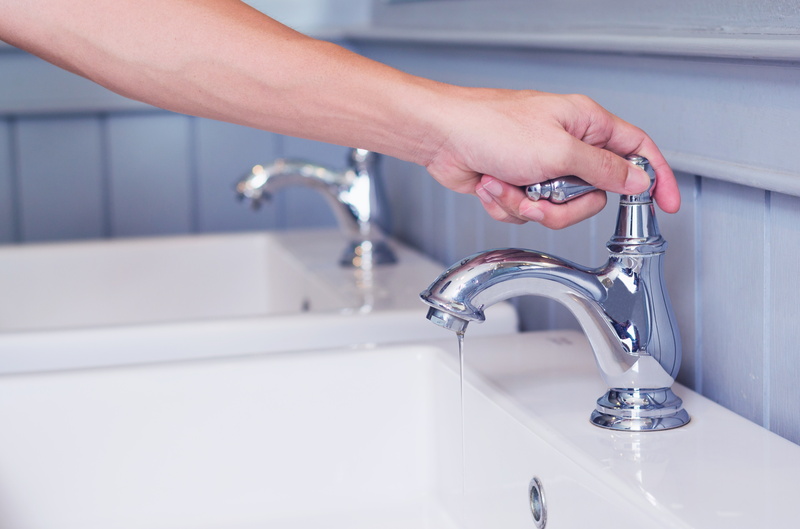

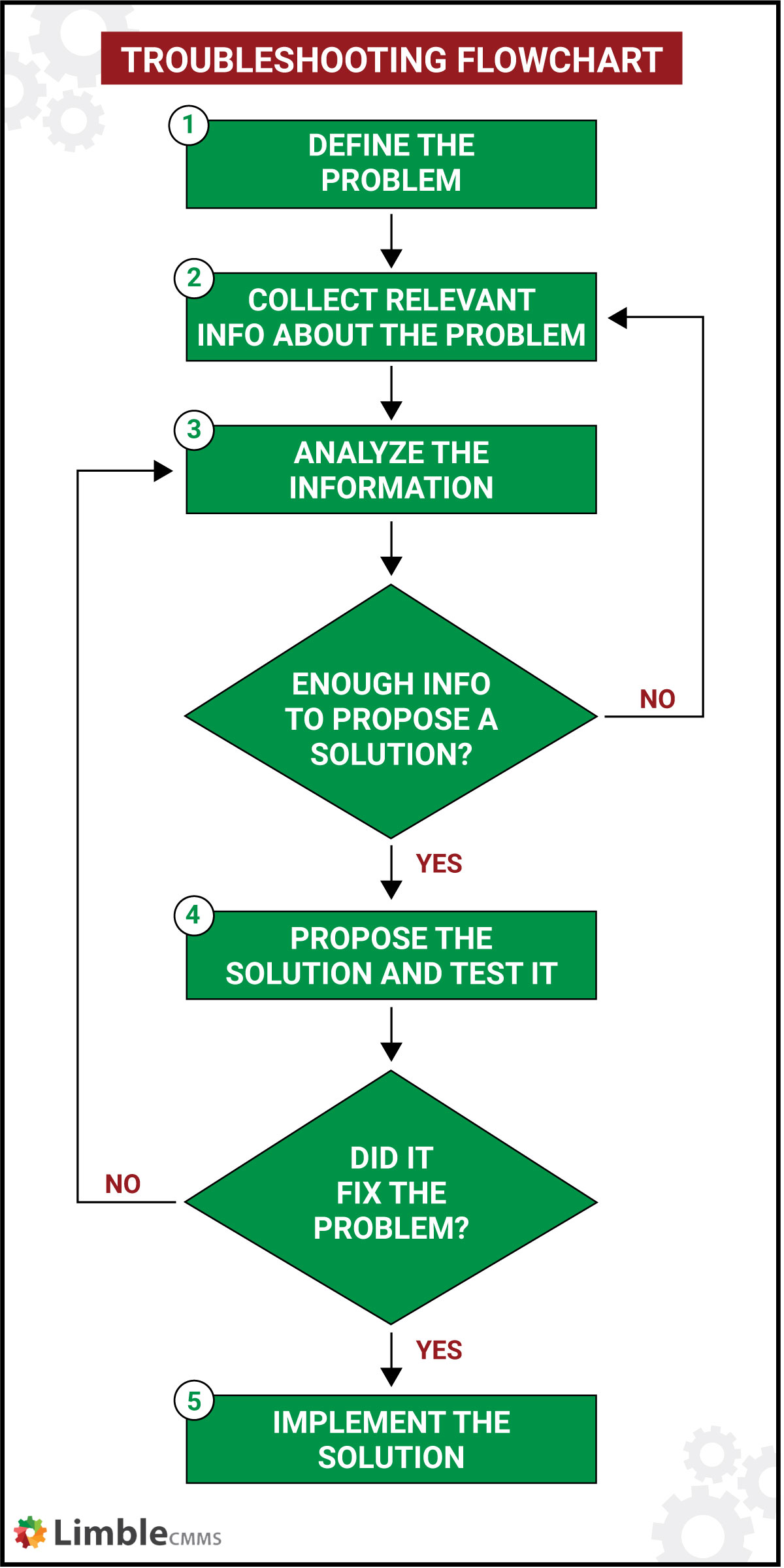













/iStock_11252332_MEDIUM-57fc018a5f9b586c35c3266f.jpg)







